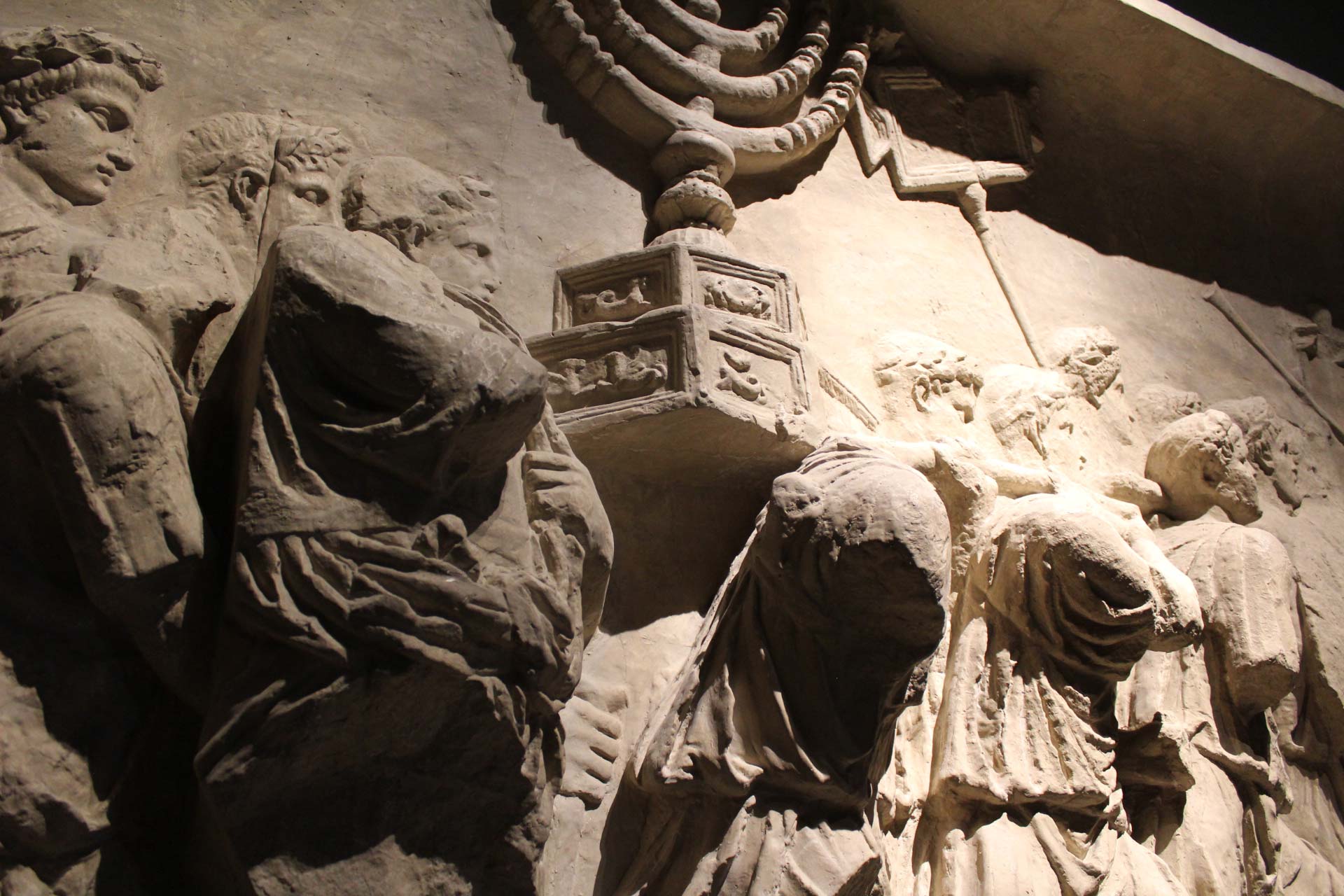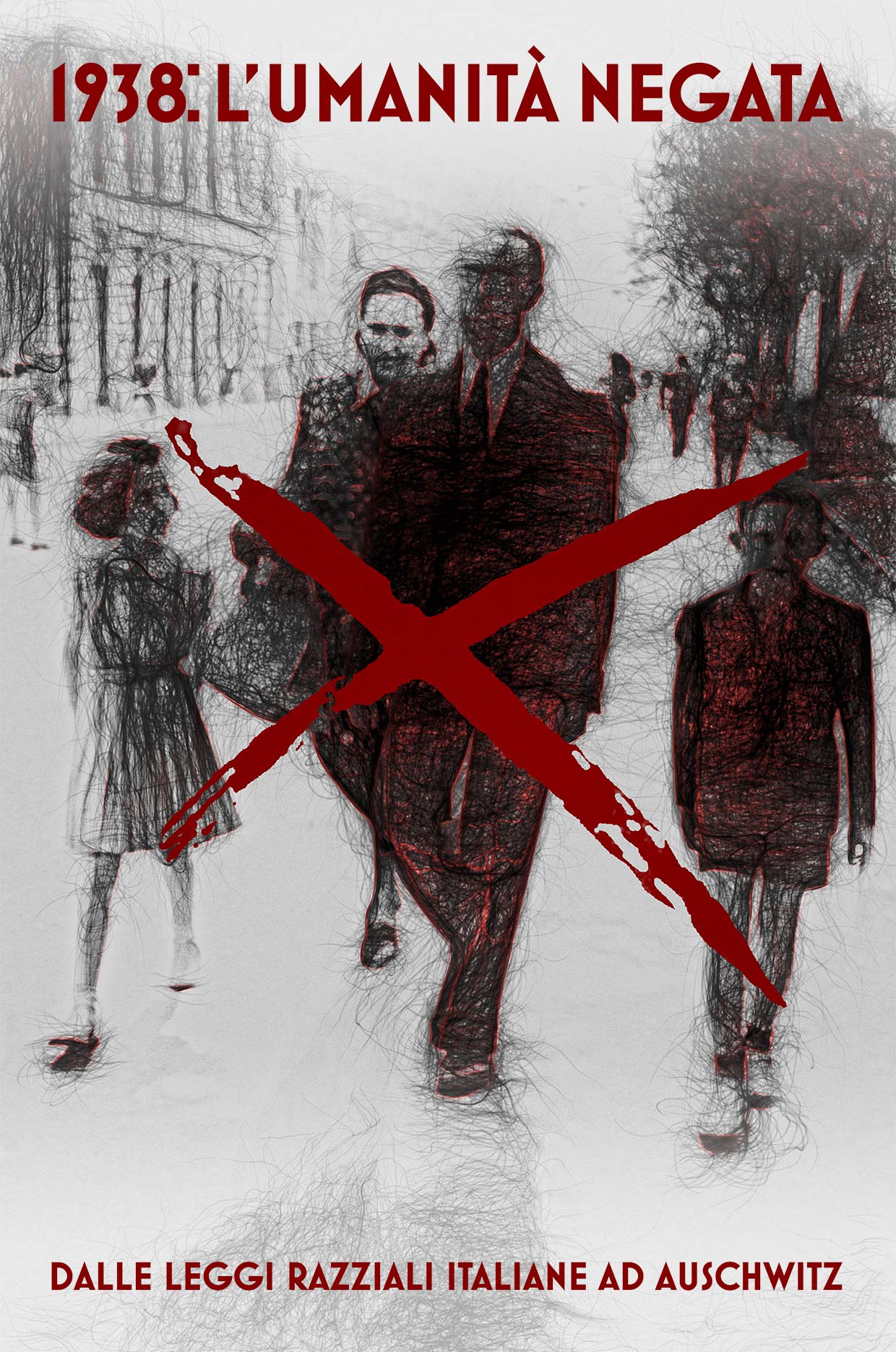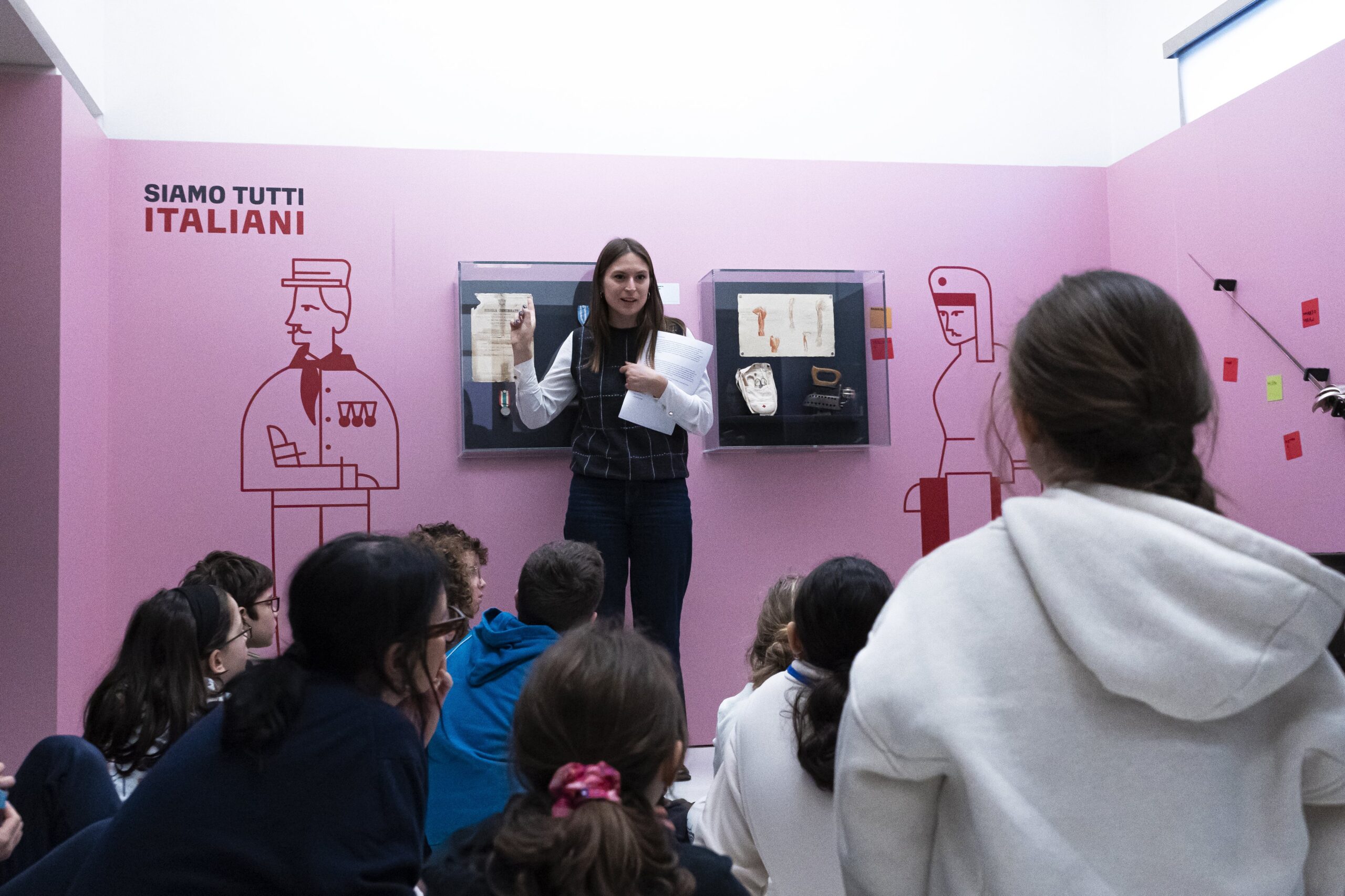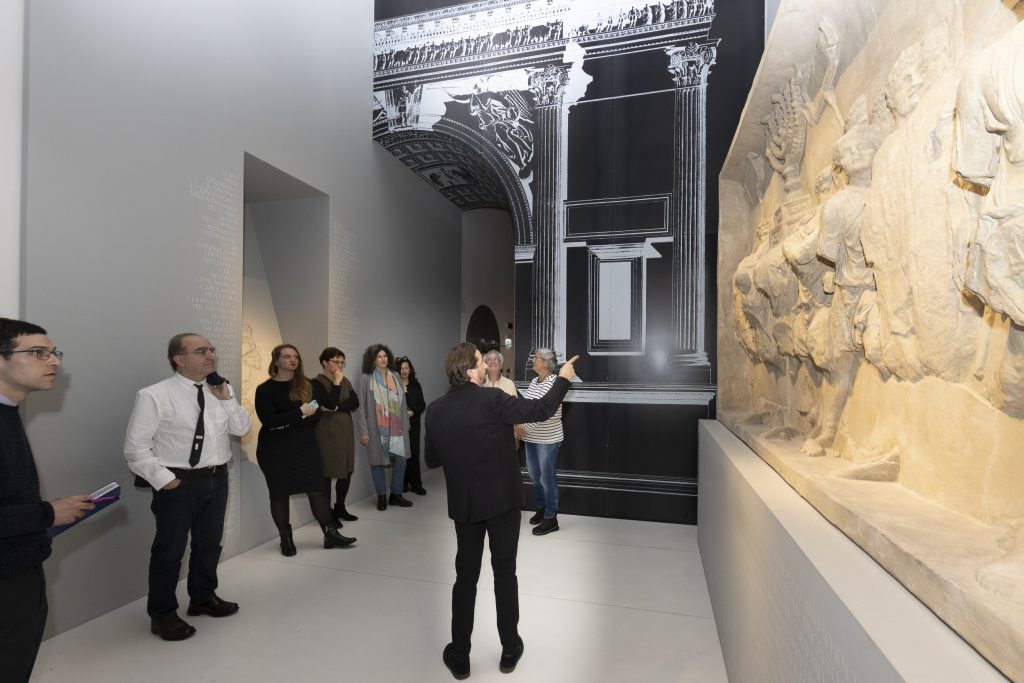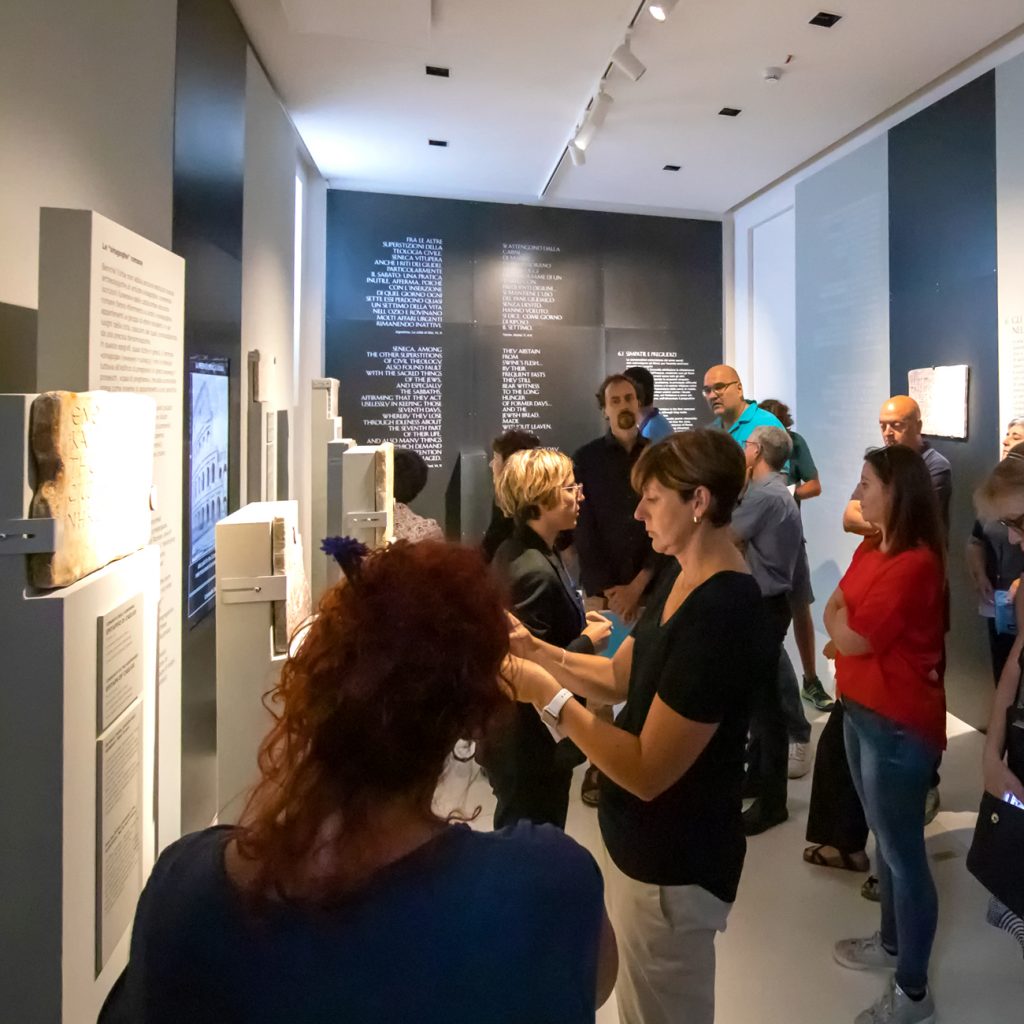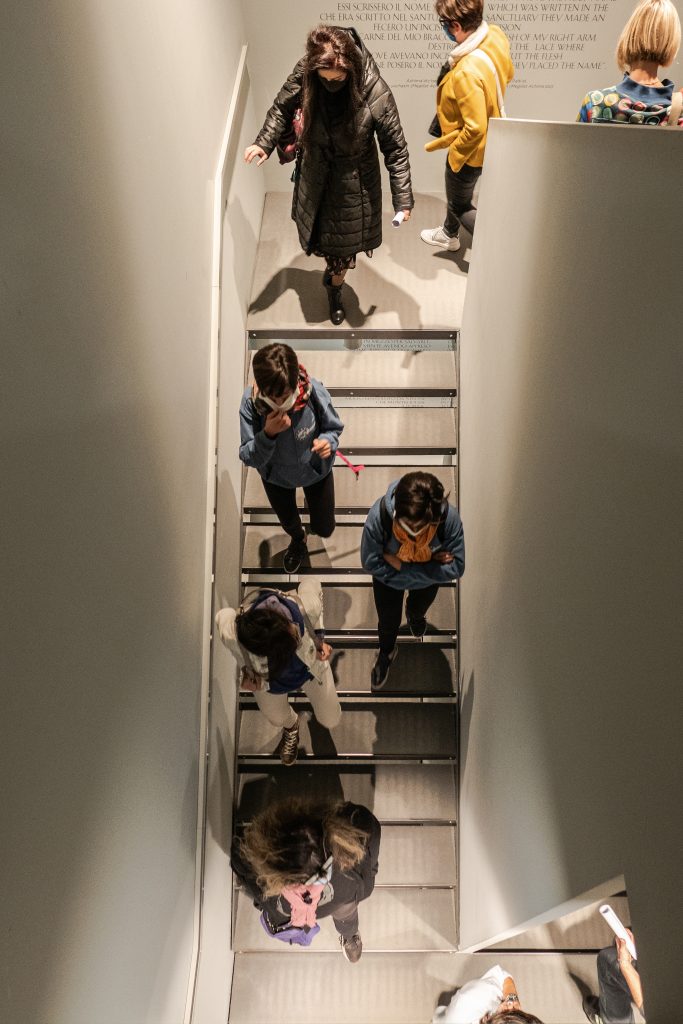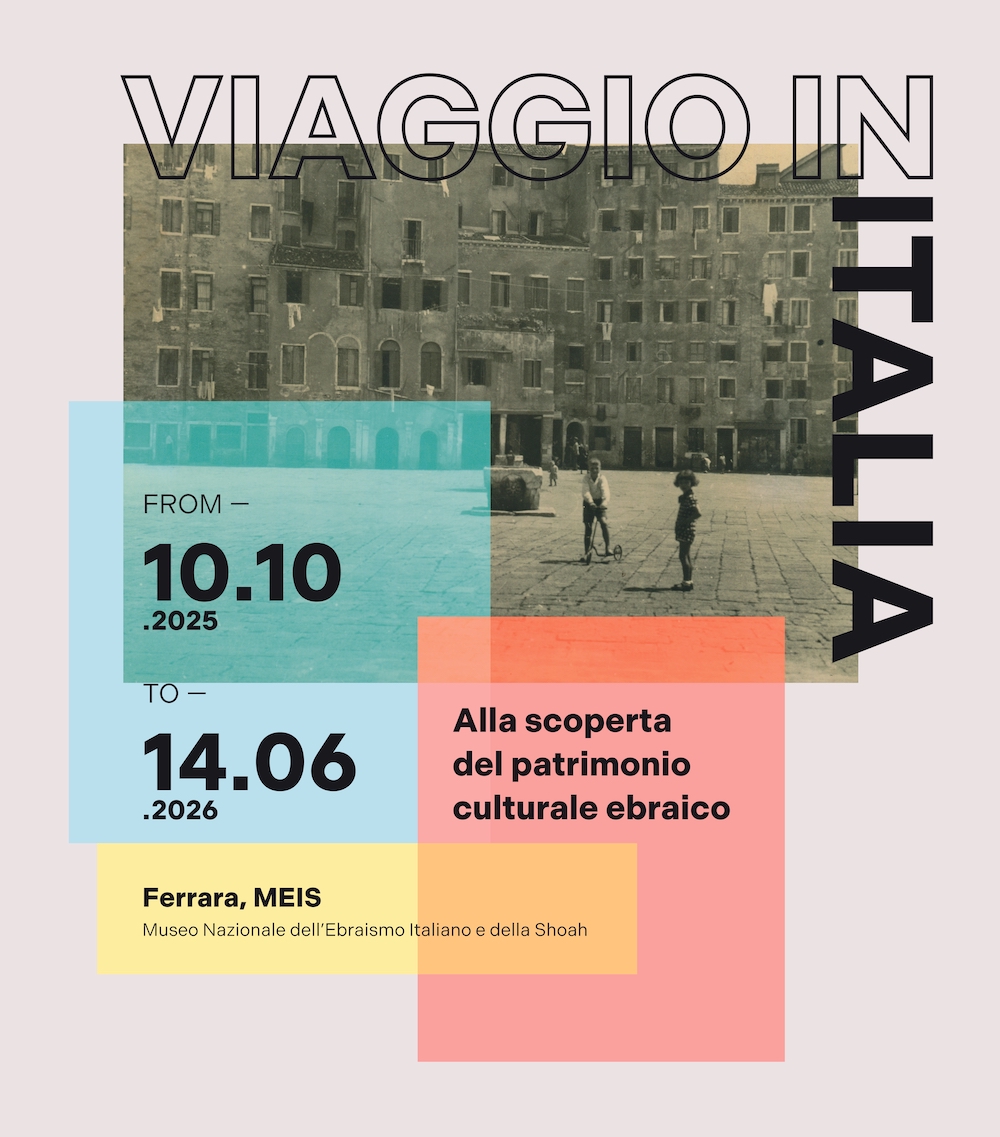
Is possible to book a guided tour of the exhibit “Jews, an Italian story”. Following the museum itinerary, a guide accompanies the visitors, enabling them to discover the main milestones that characterize the history and movement of the Jewish people.

